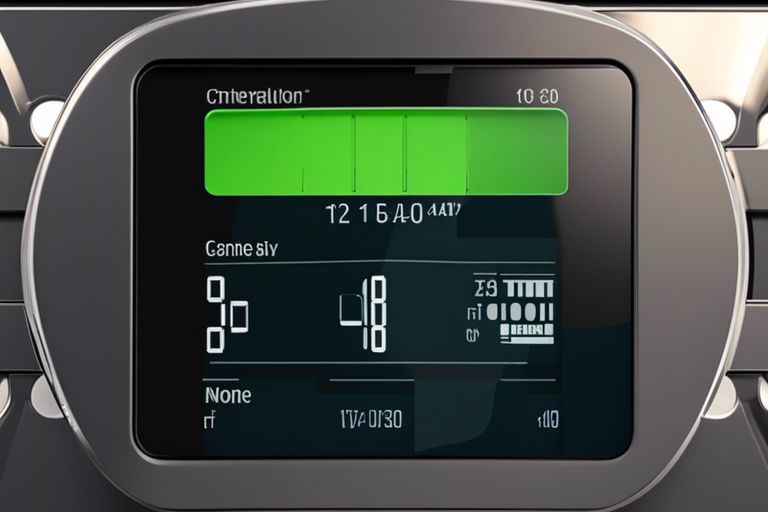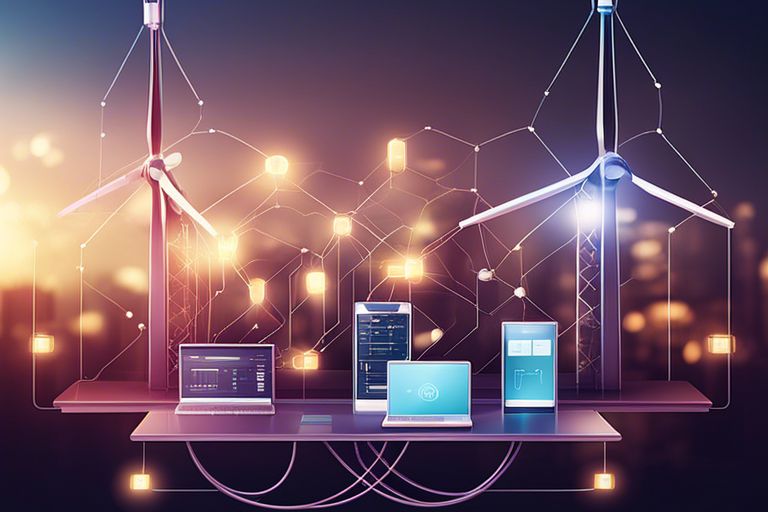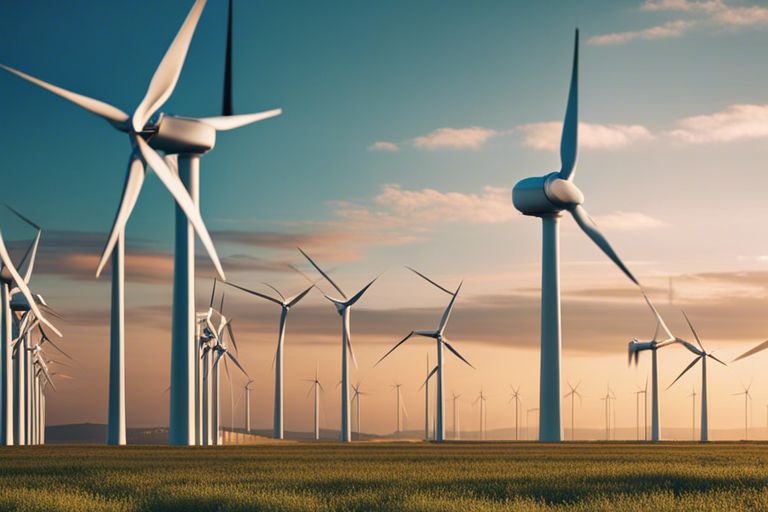There’s a shift happening in the way we monitor and manage our energy consumption, and it involves the integration of Smart Meters with the Internet of Things (IoT). These innovative devices are revolutionizing the way we track and optimize our energy usage in real time, providing accurate and timely data that can lead to more efficient energy usage patterns. As we navigate towards a more sustainable future, the adoption of Smart Meters presents an opportunity to better understand and control our energy consumption, ultimately leading to a more environmentally friendly and cost-effective approach to energy management.
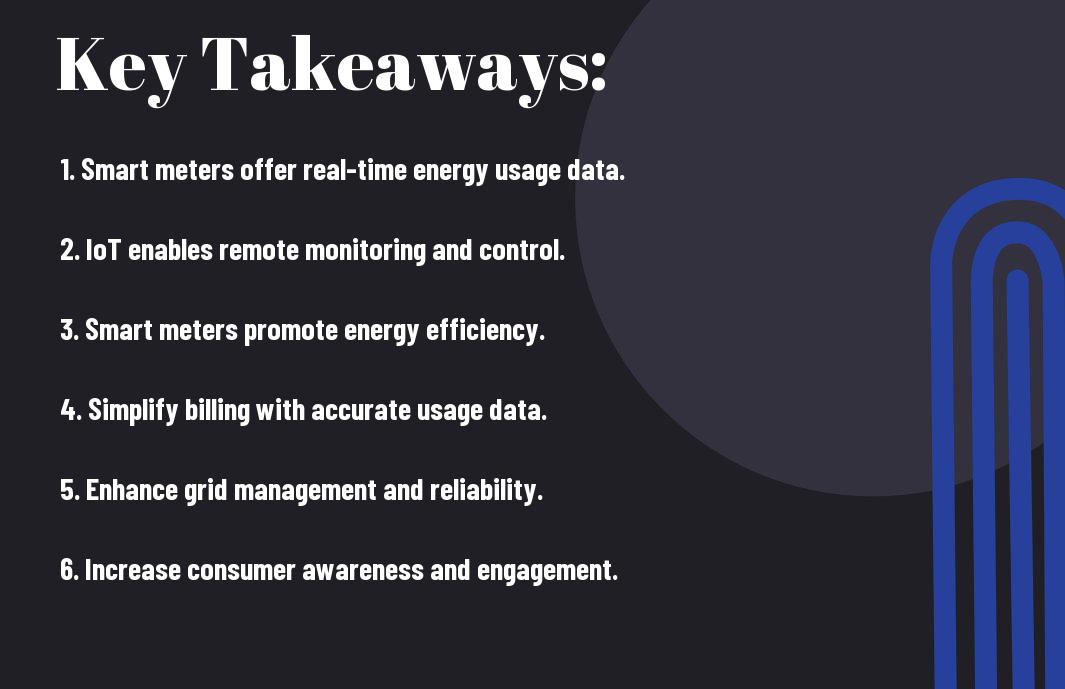
The Role of IoT in Energy Management
Understanding IoT Technology
Some of the most significant advancements in energy management and consumption monitoring are attributed to IoT technology. IoT allows devices to connect and communicate with each other through the internet, enabling efficient data collection and analysis to optimize energy usage.
Integration with Smart Meters
An integral component of IoT in energy management is its integration with smart meters. These meters provide real-time data on energy consumption, allowing users to track and manage their usage more effectively. This integration enhances the accuracy and accessibility of energy consumption information.
On top of that, the integration with smart meters enables automated responses to high energy usage, such as adjusting settings or notifying users. This proactive approach to energy management can lead to significant costs and energy savings over time.
Plus, the seamless integration of IoT technology with smart meters also opens up possibilities for advanced analytics and predictive maintenance, further optimizing energy efficiency and sustainability.
Advantages of Smart Meters
Real-Time Data and Transparency
Data collected from smart meters offers a real-time understanding of energy consumption patterns, providing consumers and utility companies with unprecedented transparency. This data can empower users to make informed decisions about their energy usage, ultimately leading to reduced costs and environmental impact.
Enhanced Energy Efficiency and Conservation
Enhanced energy efficiency and conservation are key benefits of smart meters. By analyzing detailed consumption patterns, households can identify areas where energy is being wasted and implement corrective measures. This proactive approach not only saves money but also reduces overall energy consumption, contributing to a more sustainable future.
Smart meters enable dynamic pricing models that incentivize consumers to shift their energy usage to off-peak hours, reducing strain on the grid and minimizing the need for additional power plants. This results in a more stable and efficient energy system for everyone involved.
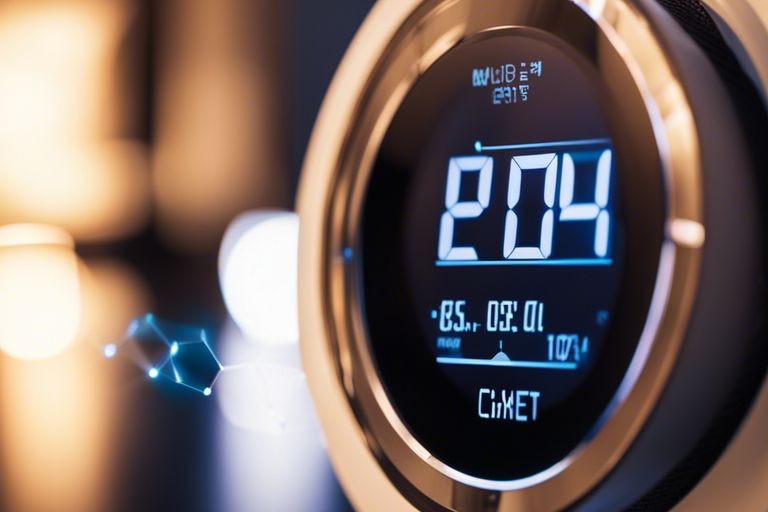
Challenges and Considerations
To understand the future of smart meters, we must first address the challenges and considerations that come with their implementation.
Privacy and Security Concerns
Concerns: As smart meters collect vast amounts of data about our daily energy consumption, concerns over privacy and security naturally arise. With the potential to track detailed usage patterns, there is a risk of this data being intercepted or misused. Safeguards must be in place to protect individuals from potential breaches and unauthorized access to their personal information.
Technological and Infrastructural Obstacles
Challenges: A key obstacle in the widespread adoption of smart meters is the need for robust technological infrastructure. Many regions may lack the necessary networks and systems to support the seamless integration of these devices. Additionally, the cost of upgrading existing infrastructure to accommodate smart meters can be considerable, posing a financial challenge for both consumers and utility providers.
A: Addressing these technological and infrastructural obstacles will be crucial in realizing the full potential of smart meters. Governments and industry stakeholders must collaborate to develop efficient solutions that not only enhance energy monitoring capabilities but also ensure the reliability and security of the overall system.
The Future of Smart Meters in Energy Consumption
Innovations on the Horizon
For an industry that constantly seeks innovation, the future of smart meters in energy consumption is promising. As technology advances, we can expect to see enhanced data analytics capabilities, allowing for deeper insights into energy usage patterns. The integration of artificial intelligence and machine learning algorithms will enable smart meters to not only monitor but also predict energy consumption trends, paving the way for more efficient energy management.
Potential for Widespread Adoption
HorizonSmart meters hold the key to unlocking the potential for widespread adoption of energy-efficient practices. With the ability to provide real-time data on energy usage, consumers can make more informed decisions about their consumption habits. This empowers individuals to take control of their energy usage, leading to significant cost savings and a reduced environmental impact. Governments and utility companies can also leverage this technology to optimize energy distribution networks and promote sustainability.
Smart meters offer a revolutionary solution to traditional energy monitoring methods, revolutionizing the way we approach energy consumption. The ability to track usage in real time and receive detailed insights empowers consumers to make informed decisions about their energy usage. Additionally, the integration of smart meters into smart grid systems can lead to more efficient and sustainable energy distribution networks, benefiting both consumers and the environment.
How Can Smart Meters Play a Role in Streamlining Energy Management with IoT?
Smart meters play a crucial role in streamlining energy management steps with IoT. By collecting real-time data on energy usage, these meters provide insights to utility companies and consumers, enabling more efficient energy distribution and usage. This can help in reducing costs and promoting sustainable energy practices.
To wrap up
So, are smart meters the future of energy consumption monitoring with IoT? As technology continues to advance, smart meters are certainly paving the way for more efficient and accurate monitoring of electricity usage. With the ability to provide real-time data and enable better energy management, these devices offer great potential for improving sustainability and reducing costs. To learn more about how IoT electricity meters work, check out what an IoT electricity meter is for further insights.
FAQ
Q: What are smart meters?
A: Smart meters are devices that digitally monitor and record energy consumption in real-time. They communicate this data to utility companies for accurate billing and monitoring purposes.
Q: How do smart meters leverage IoT technology?
A: Smart meters utilize Internet of Things (IoT) technology to connect wirelessly with other devices and systems, enabling seamless data transmission and remote access for energy monitoring and management.
Q: What are the benefits of using smart meters for energy consumption monitoring?
A: Smart meters provide real-time data on energy usage, promote energy efficiency, enable faster issue detection and resolution, offer personalized insights for consumers, and support sustainability efforts by reducing waste.
Q: Are smart meters the future of energy consumption monitoring?
A: Yes, smart meters represent the future of energy consumption monitoring due to their ability to provide accurate and detailed insights, optimize energy usage, streamline processes, and support the transition toward a more sustainable and efficient energy infrastructure.
Q: How can smart meters contribute to a more sustainable future?
A: Smart meters play a vital role in promoting energy conservation, reducing greenhouse gas emissions, supporting renewable energy integration, empowering consumers to make informed choices, and driving innovation in the energy sector towards a greener and more sustainable future.
